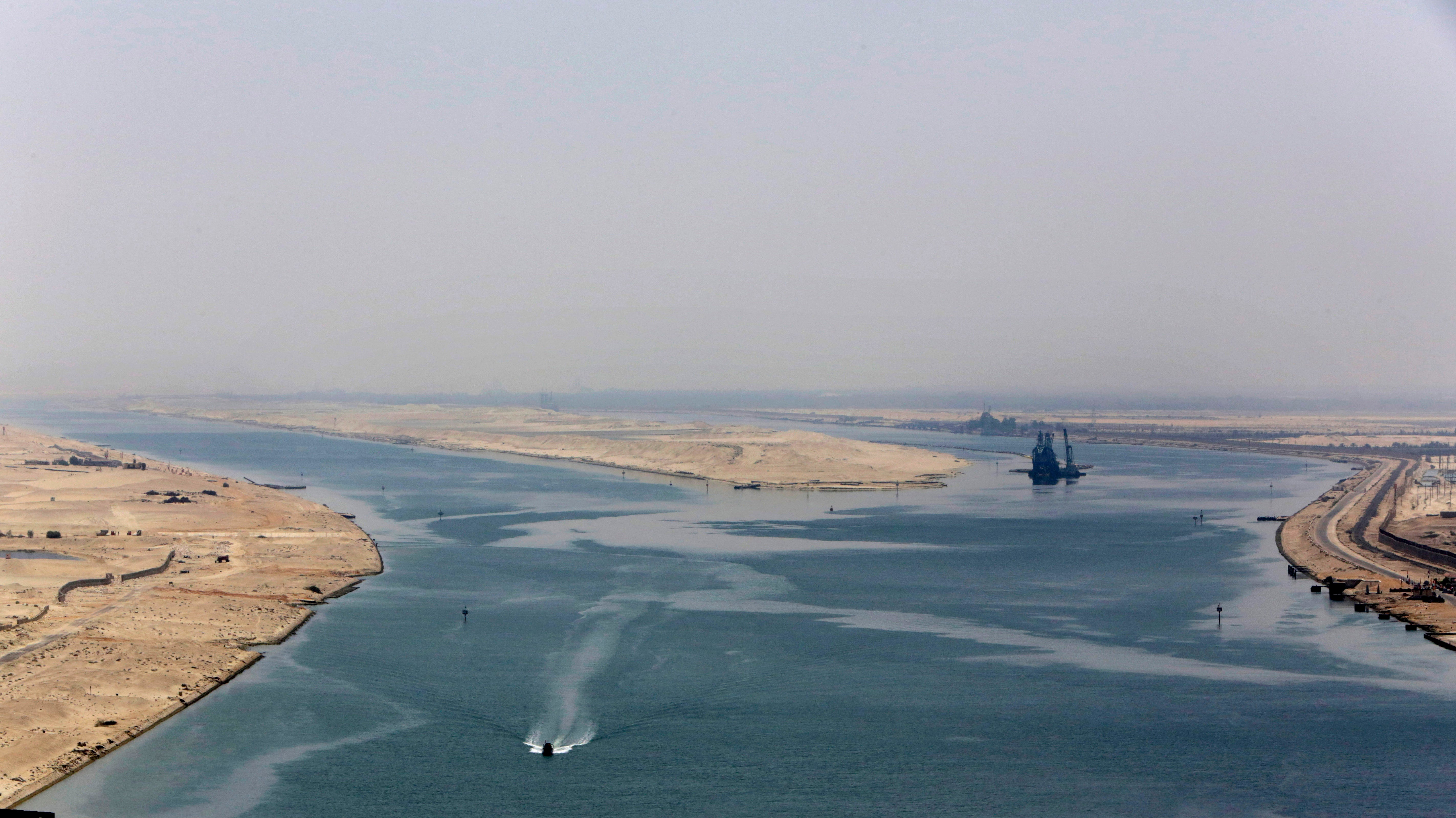Suez Canal says transit fees for ships will increase in May
Egypt says it will increase transit fees for vessels, including oil-laden tankers, passing through Suez Canal

Your support helps us to tell the story
From reproductive rights to climate change to Big Tech, The Independent is on the ground when the story is developing. Whether it's investigating the financials of Elon Musk's pro-Trump PAC or producing our latest documentary, 'The A Word', which shines a light on the American women fighting for reproductive rights, we know how important it is to parse out the facts from the messaging.
At such a critical moment in US history, we need reporters on the ground. Your donation allows us to keep sending journalists to speak to both sides of the story.
The Independent is trusted by Americans across the entire political spectrum. And unlike many other quality news outlets, we choose not to lock Americans out of our reporting and analysis with paywalls. We believe quality journalism should be available to everyone, paid for by those who can afford it.
Your support makes all the difference.Egypt said Tuesday it will increase transit fees for vessels, including oil-laden tankers, passing through Suez Canal, one of the world’s most crucial waterways.
The Suez Canal Authority said on its website it will add 15% to the normal transit fees for oil-laden and petroleum products-laden tankers, up from current 5%.
It said the increases will take effect starting May 1, and could later be revised or called off, according to changes in global shipping.
The new increase are amendments to surcharge hikes imposed in March on vessels passing through the waterway, the canal said.
The canal said surcharge fees for chemical tankers, and other liquid bulk tankers will be hiked to 20% up from 10%, while laden and ballast dry bulk vessels will have their surcharges increase to 10%.
Vessels carrying vehicles, general cargo, and heavy lift vessels, as well as multi-purpose vessels, will see a 14% increase up from 7%, according to the canal.
Ballast crude oil and oil products tankers transiting the Canal are still required to pay a surcharge of 5% of normal transit fees, it said.
On its website, the canal said the increases come “in line with the significant growth in global trade ... and the waterway development and the enhancement of the transit service.”
Canal authorities have been working to widen and deepen the waterway’s southern part, where a hulking vessel ran aground and closed off the canal in March 2021. The six-day blockage disrupted global shipment.
About 10% of global trade, including 7% of the world’s oil, flows through the Suez Canal, which connects the Mediterranean and Red seas. For Egypt, the canal — which first opened in 1869 — is a source of both national pride and foreign currency.
Authorities said 20,649 vessels passed through the canal last year, a 10% increase compared to 18,830 vessels in 2020. The annual revenues of the canal reached $6.3 billion in 2021, the highest in its history.
The shipping industry is still under pressure from the pandemic, and Russia’s war on Ukraine also added to global economic concerns.